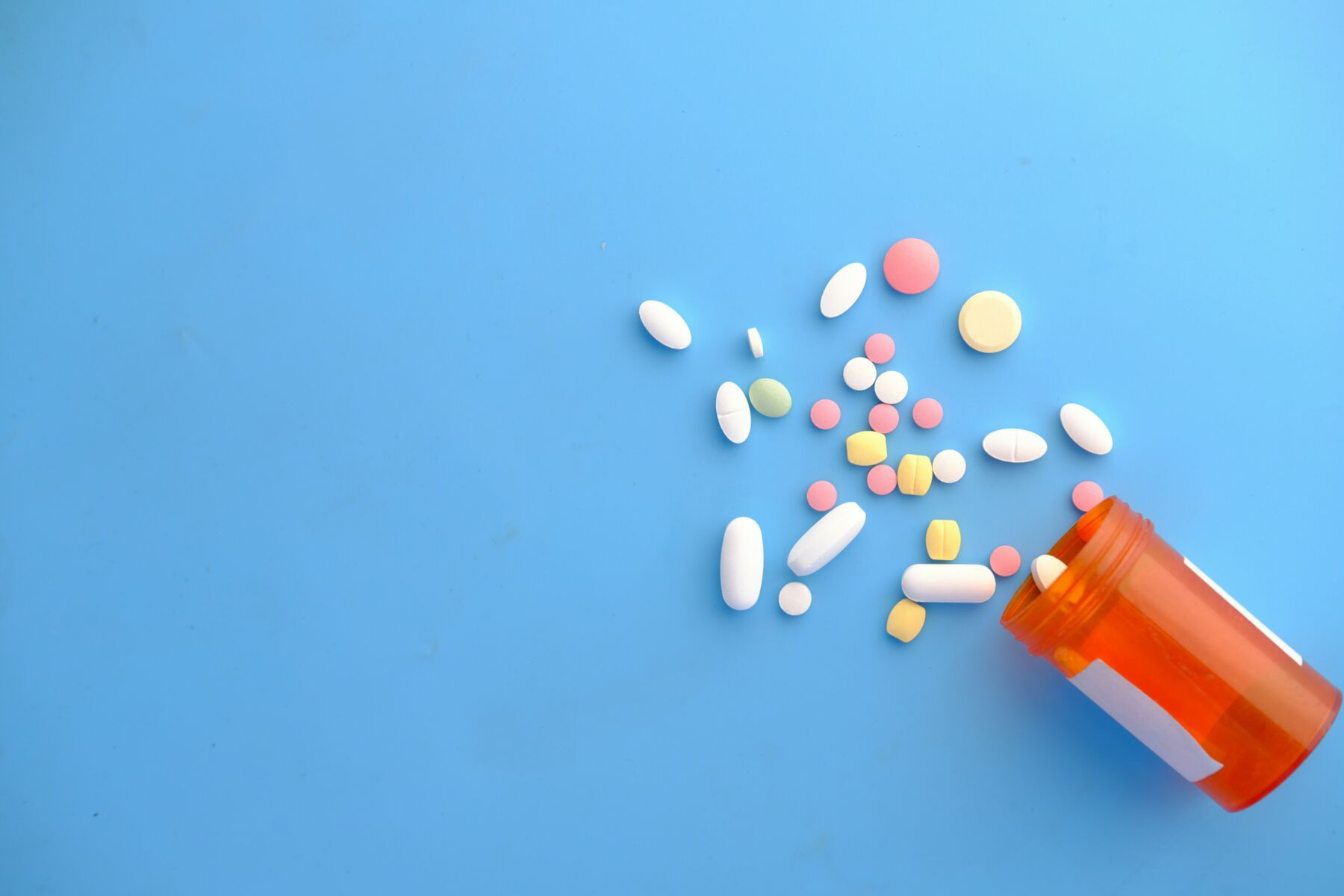New hope for men with delayed ejaculation

Delayed ejaculation, often overlooked, affects between 1% and 3% of men worldwide. This condition involves a persistent difficulty or inability to ejaculate despite adequate sexual desire, erection, and stimulation. Despite its impact on quality of life, no medications have been approved by major health agencies like the UK’s Medicines and Healthcare Products Regulations Agency (MHRA), the US Food and Drug Administration (FDA), or the European Medicines Agency (EMA).
A groundbreaking study
Researchers at Anglia Ruskin University (ARU) have conducted a comprehensive review, collating research from 13 different countries dating back to the 1970s. Published in the journal Trends in Urology and Men’s Health, this study explores various treatments for delayed ejaculation, offering new hope for those affected.
Promising treatments
The study identified several effective treatments. Vibration stimulation therapy and psychotherapy emerged as significant non-pharmacological options. Additionally, a cream containing capsaicin and vanilloid showed promise in a randomised clinical trial.
Holistic approach to treatment
Delayed ejaculation varies significantly among individuals, necessitating a holistic approach to treatment. Researchers emphasised the importance of understanding a patient’s full medical and sexual history, conducting thorough physical examinations, and assessing the partner’s perspective on the disorder and their overall sexual relationship satisfaction.

Expert insights
Dr Lee Smith, Professor of Public Health at ARU, highlighted the widespread impact of delayed ejaculation, affecting up to three percent of men and potentially tens of millions of people worldwide. Dr Smith pointed out that the condition is often not discussed, leading to a lack of awareness about potential solutions.
“To date, no attempt has been made to collate and evaluate the academic literature around these treatments,” Smith said. “Our study suggests that several potentially effective solutions should be more readily available through health professionals, ranging from creams to penile vibratory stimulation and psychological treatment, to help those who are living with this condition.”
Historical context
The review traces the history of delayed ejaculation treatments, starting with case reports from the 1970s. Early treatments included penile vibrations and psychotherapy, which showed long-term success in some cases. For instance, in 1976, a 29-year-old patient with good erectile function but delayed ejaculation was successfully treated with penile vibrations, maintaining improvement for 18 months.
Psychological and behavioural therapies
Various psychological and behavioural therapies have been employed over the years. In 1984, Delmonte reported two cases of married men successfully treated for psychogenic delayed ejaculation with couples psychotherapy and meditative relaxation exercises over ten months.
Fisher’s case study in 1987 detailed a blind man whose delayed ejaculation was treated with a multimodal sex therapy approach, including intrapsychic, systems, and behavioural methods.
The role of medications
The new millennium brought pharmacological treatments into the spotlight. In 2007, Nelson et al. conducted a cohort trial involving penile vibratory stimulation, showing a significant improvement in orgasm and overall sexual function.
Other pharmacological options explored included PDE-5 inhibitors, bupropion-SR, and low-dosage combinations of amfetamine and dexamfetamine.

Recent advances
More recent studies have continued to explore innovative treatments. For example, a 2010 study by Hong et al. found that 25mg of PDE-5 inhibitors daily improved general sexual function and reduced anxiety.
Another study in the same year demonstrated that bupropion-SR 150mg daily significantly improved control over ejaculation and overall sexual satisfaction.
Mechanical treatments, such as the TENGA masturbation aid, have also shown promise. In a Japanese case series, 20% of patients were able to ejaculate intravaginally following treatment, with one achieving spontaneous pregnancy.
Future directions
The comprehensive review by ARU researchers underscores the need for further research and the development of approved medications for delayed ejaculation. It also highlights the importance of a personalised approach to treatment, considering the patient’s unique medical and psychological background.
The groundbreaking study by Anglia Ruskin University offers renewed hope for men suffering from delayed ejaculation. With a combination of psychological, behavioural, and emerging pharmacological treatments, millions of men may soon find relief from this often-overlooked condition. As awareness grows and more research is conducted, the future looks promising for those affected by delayed ejaculation.
Latest Thailand News
Follow The Thaiger on Google News:


























